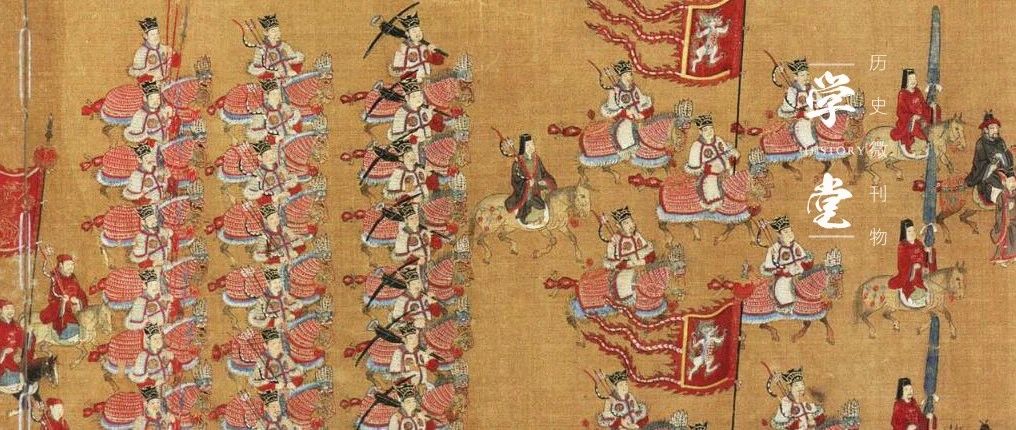There were three fatal problems, which failed to be solved by many reforms.

Every dynasty has its own hidden crises and problems, and the unprecedented prosperity of the Northern Song Dynasty is no exception.
Select a fabulous tiffany blue bridesmaid dress and be the spotlight of crowed. Our exquisite selections make the ideal gift.
The Northern Song Dynasty was a period of unprecedented prosperity in China's feudal society, from the busy traffic in Bianjing in the famous painting along the River during the Qingming Festival, to the literary celebrities such as Ouyang Xiu, Fan Zhongyan, Su Shi, Liu Yong, and so on, and then to the peaceful and prosperous times depicted in movies and TV dramas such as "Qingping Music" and "do you know it or not".
All told the world again and again about the economic and cultural prosperity of the Northern Song Dynasty.
After the rigorous textual research of later generations, the unprecedented economic and cultural prosperity of the Northern Song Dynasty is not a lie, except for the military indicators (including taxation, population, grain output, foreign trade, science, technology, etc.) are far ahead of even later generations.
However, such a prosperous dynasty has undergone three changes--.
"Qingli New deal", "Xining Reform" and "Yuanfeng Reform"
Among them, Xining Reform (also known as Wang Anshi Reform) is so profound that it is often compared with Shang Yang's Reform in the field of historians.
There's a question.
Why should the Northern Song Dynasty carry out profound changes in the Northern Song Dynasty with unprecedented economic and cultural prosperity?
Any dynasty has its hidden crises and problems.
For example, the foreign relatives intervened in politics in the Han Dynasty, the patriarchal clan struggle and ethnic contradictions in the Western Jin Dynasty, the separatist regime and eunuch chaos in the Tang Dynasty, the party struggle and eunuch chaos in the Ming Dynasty, the seclusion and political pressure in the Qing Dynasty, and so on.
The Northern Song Dynasty is no exception, because of its particularity, the crisis and difficulties also have more remarkable characteristics.
The "second to none" problem in the Northern Song Dynasty is "three redundancy".
"San Yu" is a general term for the problem of "redundant officials", "redundant soldiers" and "redundant expenses" in the Northern Song Dynasty. This term was first put forward by Su Zhe, one of the eight masters of the Tang and Song dynasties, in the Shang Emperor's Book to Song Shenzong in Xining's second year (1069). He put forward it in the Shang Emperor's Book.
"the third is the harm of wealth: first, redundant officials, second, redundant soldiers, redundant expenses for three days."
The so-called "redundant officials" means that the administrative organs of the Northern Song Dynasty are huge, the number of officials is extremely large, and the number of officials is increasing year by year. "redundant soldiers" refers to the phenomenon of a large number of troops and troops in the Northern Song Dynasty. "redundant expenses" is the result of dealing with the problem of "redundant officials" and "redundant soldiers", because the huge number of officials and troops are supported by the state finance, which will inevitably lead to the huge cost of living beyond their means and living beyond their means.
Objectively speaking, the problem of "three redundancy" is not unique to the Northern Song Dynasty, but there is no doubt that the problem of "three redundancy" is the most serious in the Northern Song Dynasty.